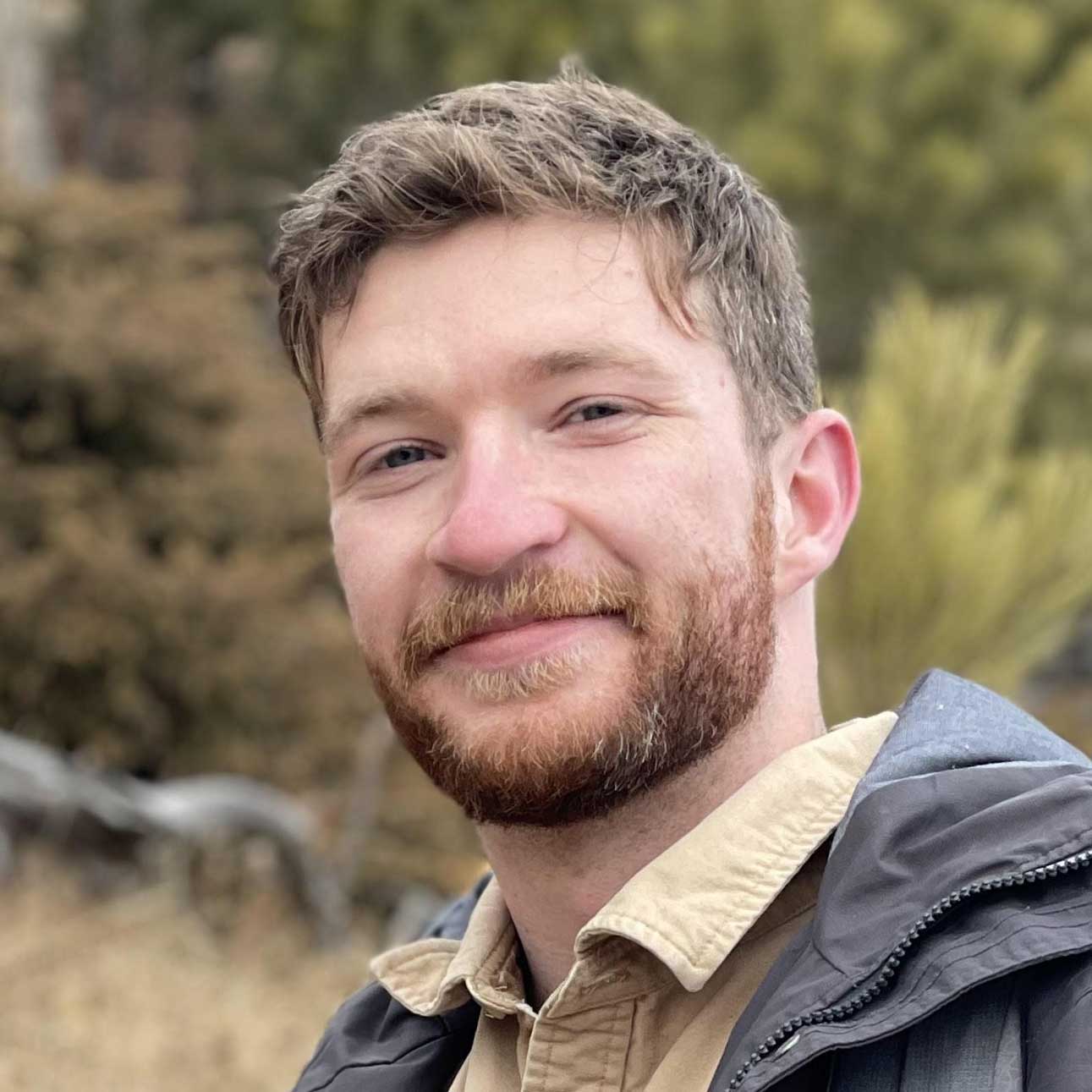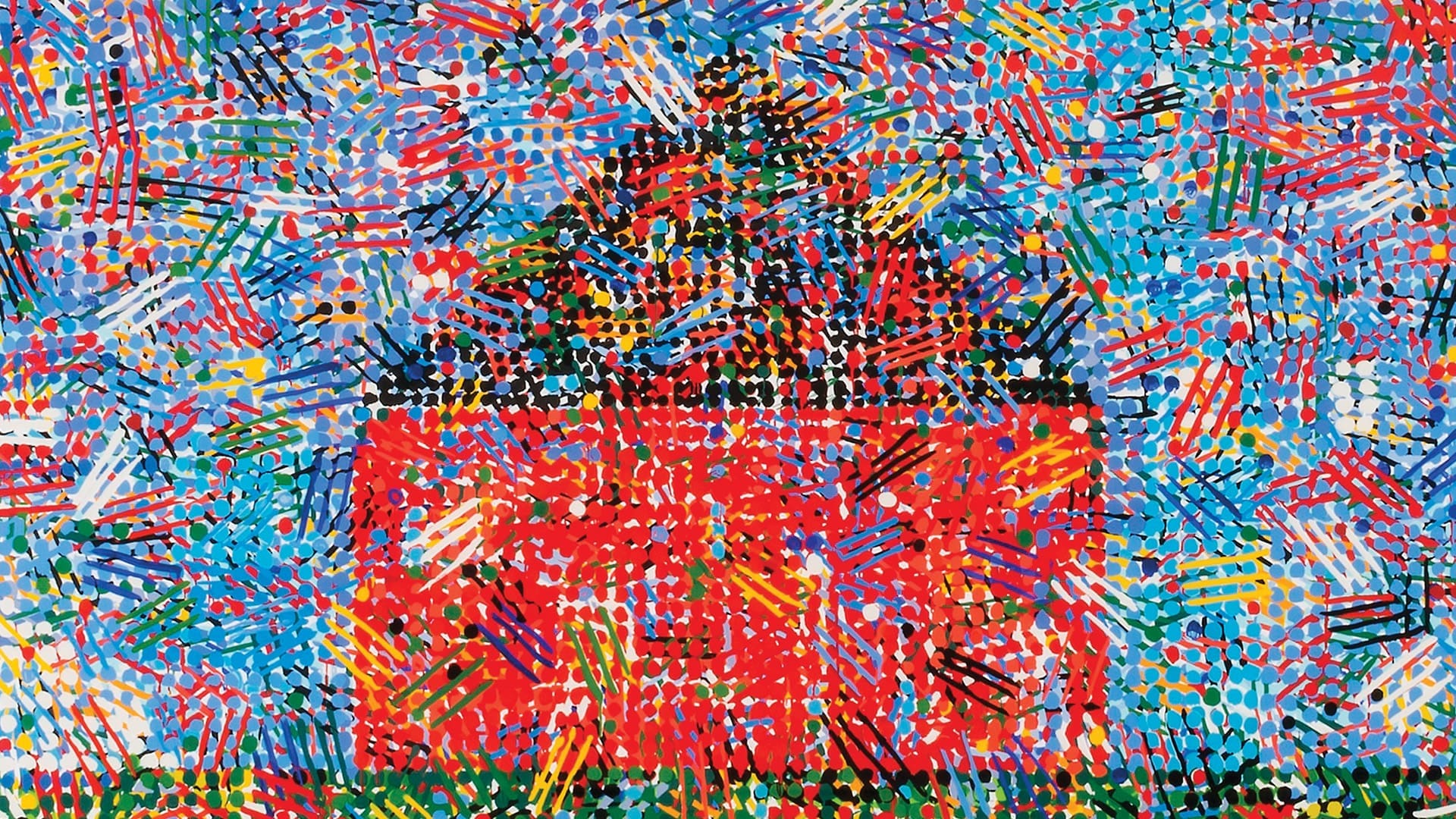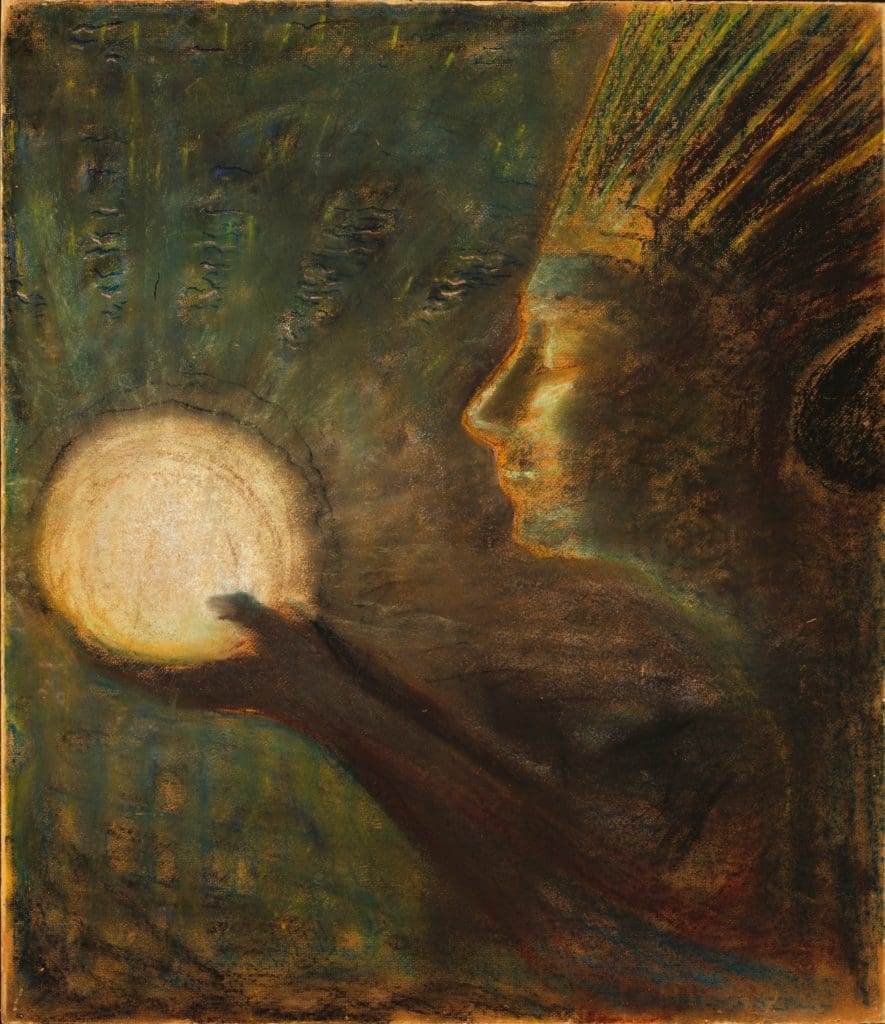I
In the wake of the 2024 US election, much ink has been spilled puzzling out the demographic mysteries: Why did young men of colour vote more strongly for Trump than ever? Why did Latinos turn out in strikingly large numbers for Republican candidates? The answer is most likely very complicated, and includes personal, economic, and cultural factors. But part of this puzzlement, I think, comes from a great mistake American culture has made in talking about identity. We assume that we know how people will vote based on certain characteristics, characteristics we call identity, but that are in fact more accidental than essential. We are then surprised when the results blow apart our assumptions about race, class, and other identity categories.
My identity is just “what equals me.” In the broadest sense, that includes all kinds of things: my height, my job, my weight, my hair, and so on. But these are accidental, not essential characteristics. What is essential to me is my personhood. I am a person before I am this or that class or race or job or age or what have you. But what does it mean to be a person? I’ll follow the philosopher Jacques Maritain, whose definition is, I think, in alignment with common sense, in saying that a person is a being that has interiority, reason, and freedom. The you that lies beneath all of your accidental qualities is a thing that knows and experiences, that reasons, and that makes choices.
Because, in our most essential nature, we have freedom to choose this way or that, our actions take on a moral light. We do not blame a tornado for tearing up a home; we do not blame a rhino for trampling another critter; but we do blame a man for stealing, lying, or cheating. We blame him because he is free and, therefore, responsible. This fact gives him a moral identity.
Human beings, among all the things of the earth, can be judged morally. There is a unique weight to the idea of a good or bad person that is not present when talking about a good or bad tree or squirrel. This freedom, this responsibility, this moral accountability, is truly essential to us.
Whether we are good or bad is, partially at least, up to us, up to the choices we make, the impulses we follow, the disciplines we adopt, and so on. A moral judgment, then, is truly a judgment on me, in the deepest heart of me. This touches the most vulnerable part of my identity, the place at which I, myself, am deemed good or bad.
In paying too much attention to accidental aspects of identity, we have lost touch with their essential roots. If we can see again that moral identity is closer to the heart of the human person than accidental characteristics, we may begin to understand behaviours that heretofore had been puzzling, and we may find ourselves able to understand, sympathize with, and communicate among those people who, before, had left us bewildered.
Self-Evaluation
An implication of being a free, responsible, moral being is that we stand in a position of judgment with regard to our own selves. We have an underlying disposition toward ourselves as good or bad, worthy or unworthy, and so on. Likewise, we always take a judgment toward our acts. Did I do well or poorly there, did I respond rightly or wrongly, am I being charitable or mean?
This self-evaluation is a place of extreme vulnerability since it is connected with the means by which I justify my own existence to myself. It is in the place of this self-evaluation that we decide whether it is good that we are alive. Tragically, in the dark recesses of thought, there are those who are convinced that they truly are without worth, that the world would be better off without them, and who end their own lives.
Most of us, however, live in some kind of tension. We sometimes think we are quite good and other times think we are quite bad. We are often unsure of our standing. But we have an essential need to judge ourselves well; we have a need to say, “I am good, I am worthy.”
These judgments, however, are not fully up to us, because we make them among a community of others. No man, it is said, can be a judge in his own case. In order to judge myself, I must look to the others who are looking at me. What do they value? How do they evaluate me?
This is where the risk comes in. Our neighbours have the ability to affect our self-evaluation. It is hard to hold on to the sense that I am good and worthy if everyone around me is telling me explicitly or implicitly that I am worthless and deficient. And, indeed, if someone close to me says this, then it is a great wound. We stand in need, therefore, of a means of self-affirmation, of a confirmation that we are good.
Self-Affirmation
There are two paths we can take in seeking self-affirmation, in the pursuit of saying yes to ourselves and to our lives. The first is the path of being seen as good, and the second is actually being good. Being seen as good, of course, always has something of egoism in it. Our actions are motivated by the desire to be affirmed by those around us, and so they lack a foundation in truth. Being good, on the other hand, is a kind of self-transcendence. By uniting ourselves, by identifying ourselves, with something stronger and more stable than ourselves, we make our moral identity less vulnerable. The first path is perilous, for the crowd could turn on us at any moment; the second path is more sure, since the good is the good no matter what people think. At the same time, to know the good requires respecting the opinions and evaluations of good people. It is not a lonely task.
By uniting ourselves, by identifying ourselves, with something stronger and more stable than ourselves, we make our moral identity less vulnerable.
Most of us experience tension here too. We naturally desire the approval of our peers, and, if our peers are good, then that desire is good too. But if we put the cart before the horse—that is, if we draw our idea of the good from the idea of the popular, and if we hew to it in virtue of its popularity—then we again become vulnerable to the changefulness of common opinion. In our life, the desire for the good and the desire to be approved of are generally both present in a kind of back-and-forth.
Constructing Moral Identity
But what does all of this have to do with politics? What if we recovered the idea that our political parties are, in part, communities of moral identity first and foremost? Within these communities, we find an affirmation that we are on the right track, that we are fundamentally good in contrast to the others who are fundamentally bad or at least wrong-headed. My party exemplifies the moral qualities with which I identify, and by supporting it I affirm my basic worthiness. My fundamental moral identity as a good or bad person is bound up with the beliefs I adopt.
Our political confrontations across these political lines often appear to be arguments about policy and ideas but are in fact frequently demonstrations and affirmations of moral identity. We are focused not so much on convincing the other side as on shoring up our own moral identity as connected to what is correct, right, just, and good. Spending time with our party or those of our persuasion helps to support the notion that our ideas are right and just and the others are not.
Consider whether you have ever found yourself in a political argument, defending passionately some position that, if you are honest, you have not researched deeply and, if you step back, you don’t have much of a stake in. Or, consider whether you have ever grown personally defensive over a difference of policy, one that you may never have thought about mere years ago.
One reason, I’d like to suggest, emotions get so high in these arguments is that, in order to affirm our moral identity, we must not admit that we are wrong about which ideas are right and just. When our positions are attacked, we feel our very selves, our moral identity, as being assaulted. It is no wonder that we would want to bring out our shields and our sabres. This is especially so when our opponents suggest that having the beliefs we have makes us stupid, or bigoted, or evil. Nobody wants to think of themselves that way; nobody wants to feel their core self-evaluation assaulted in such a manner. The natural response is to sound the alarm and to mount a defence.
If what I have suggested is true, if moral identity is really the most important kind of identity, then we can begin to understand how it is that groups of people who do not share accidental characteristics can strike up a common cause.
In the recent election, it is possible that we have seen a banding together of people who have felt that their moral identity is under fire. It may be that they feel bullied and harassed simply for bearing certain moral characteristics. Paradoxically, this could lead someone to hew to a leader who does not represent their accidental characteristics or even many of their moral characteristics, but who is willing to say to those who have insulted our identity, “No, you are wrong. These are good people.”
This is not a one-sided phenomenon. Political leaders do this all the time. We are the virtuous ones, and those other people are actually the problem. This may seem simple, but it is primal and powerful, perhaps more powerful than all of the identity categories we normally spend so much time talking about.
I don’t mean to say that actual beliefs, economic interests, or material concerns do not drive political life and voting, but in our society these are wrapped up in moral identity, which is tied to a community of affirmation. This is why our communities adopt a hodgepodge of different beliefs united in large part by the fact that they are ours. Why should being pro-life mean I am anti–wind turbine? Why should being pro–gun control mean that I am pro-Ukraine? Well, this is what people like me, people with my moral identity, think, so I think it too, and I must defend the whole package.
People are complicated, and our views and moral identities are malleable. Those who do not spend time in party politics are likely to represent a mishmash of views collected from their own experience and the politically uninvolved people they are around, rather than from the moral communities found in the parties. Even those within the parties may carry a few dissenting views.
Our political confrontations across these political lines often appear to be arguments about policy and ideas but are in fact frequently demonstrations and affirmations of moral identity.
What I mean to pull out is a certain kind of psychological need and a certain sort of response to that need, which plays a role in our political and moral life that is even more fundamental than other forms of identity. As one can imagine, this path of self-affirmation can be fraught with trouble.
In this defensive state of mind, I make myself almost incapable of considering other points of view. I take a baseline presumption against the good faith of those who differ from me, I apply criticism selectively, I blind myself to the errors of my own side, I react with anger when moderation ought to be used. When my moral identity and that of another come into conflict, there is no path to peace, for our identities are at odds. We have attached our own evaluation to the evaluation of a party and a leader; we are unwilling to sacrifice our ideas and attachments for fear that, in doing so, we would lose our very selves.
I Can Only Be Without Fear
In order for us to be strong enough to bear political disagreement, we have to obtain a confidence in our moral identity that is rooted in something deeper than our political beliefs. If I know that I am good and worthy, even when I am wrong about politics, then I no longer need to fear giving up previously held opinions; I no longer need to defend a policy position as if I were defending my life. This doesn’t mean politics doesn’t matter or that real lives aren’t at stake—they are. Rather, it means I can approach political life with greater clarity, seeking within it not my own identity but only what, to the best of my knowledge, expresses the good. I no longer need to seek affirmation from the bosses of the party, for I have somewhere else to turn, some other means of knowing that I am good and worthy.
Where is this identity to be found? In the most basic way, it is to be found in the selfless pursuit of the good. This is what Aristotle called to kalon, the fine, the beautiful, the noble. Paradoxically, self-affirmation can only really come when it is not aimed at. If we aim at the good, we find the affirmation we seek too.
The focus, then, must turn first toward the inward moral life of character. It is on this field of battle that we find the path to self-affirmation. And it is not a battle against another person or party, but against our own impulses to selfishness and vice. In making progress, in fighting well for the sake of the good, we make ourselves more like the good. By affirming the good in our actions, we find that we ourselves begin to become good. I no longer affirm my moral worth through political opinion, but through my progress in virtue. This inward progress is always directed outward; we become good by doing good to others. Our moral acts change us as they change the world around us.
But there is a still greater comfort that can come from faith. For if we believe that God made us in love, that he loves us still, that he will never stop loving us, then no matter what happens someone has already said yes to our life; someone has already accepted us.
By doing good work, by following the path of what is right, we affirm ourselves by knowing that we have responded to that original love, that we have used our freedom to identify with that love. This is the most stable self-affirmation, the one that finds itself affirmed in the very act of affirming the good itself. It is a reciprocal yes, in which the good says yes to me and I say yes to the good. When such a state of affairs obtains, then I can be confident indeed, and my moral identity is not under threat, and I no longer need to defend it. This yes to the good does not mean arriving at perfection. The sincere pursuit is enough.
Not everyone has faith in God. But everyone can seek the good, can seek to align his or her soul with what is truly right and just, not just in politics, but in life. In so doing, we will begin to see that we have nothing to fear from the other side, for we have listened to the call to goodness within our own heart. “If, on looking within,” the philosopher Mengzi says, “I find that my actions do not meet the standard within my heart, then I will quake even before a rudely dressed beggar. But, if on looking within, I find that I have met the standard of my heart, then I can face an army of thousands without fear. . . . Of course I cannot be sure of winning, I can only be without fear.”





